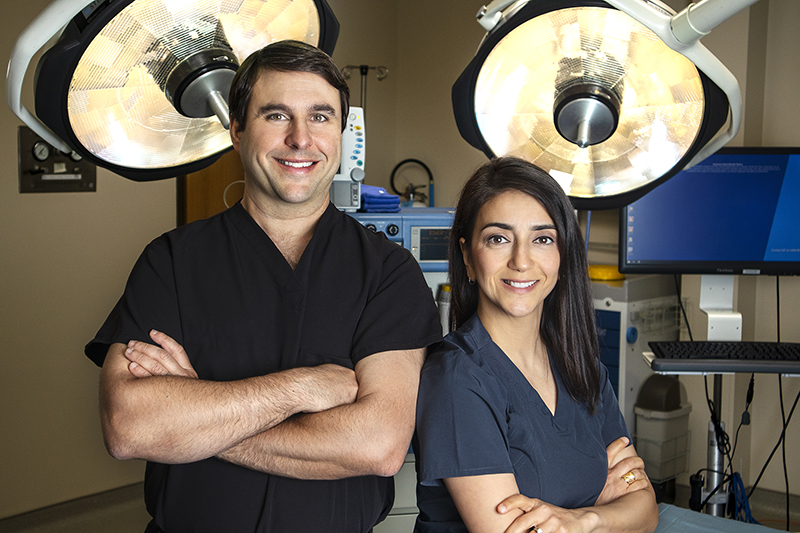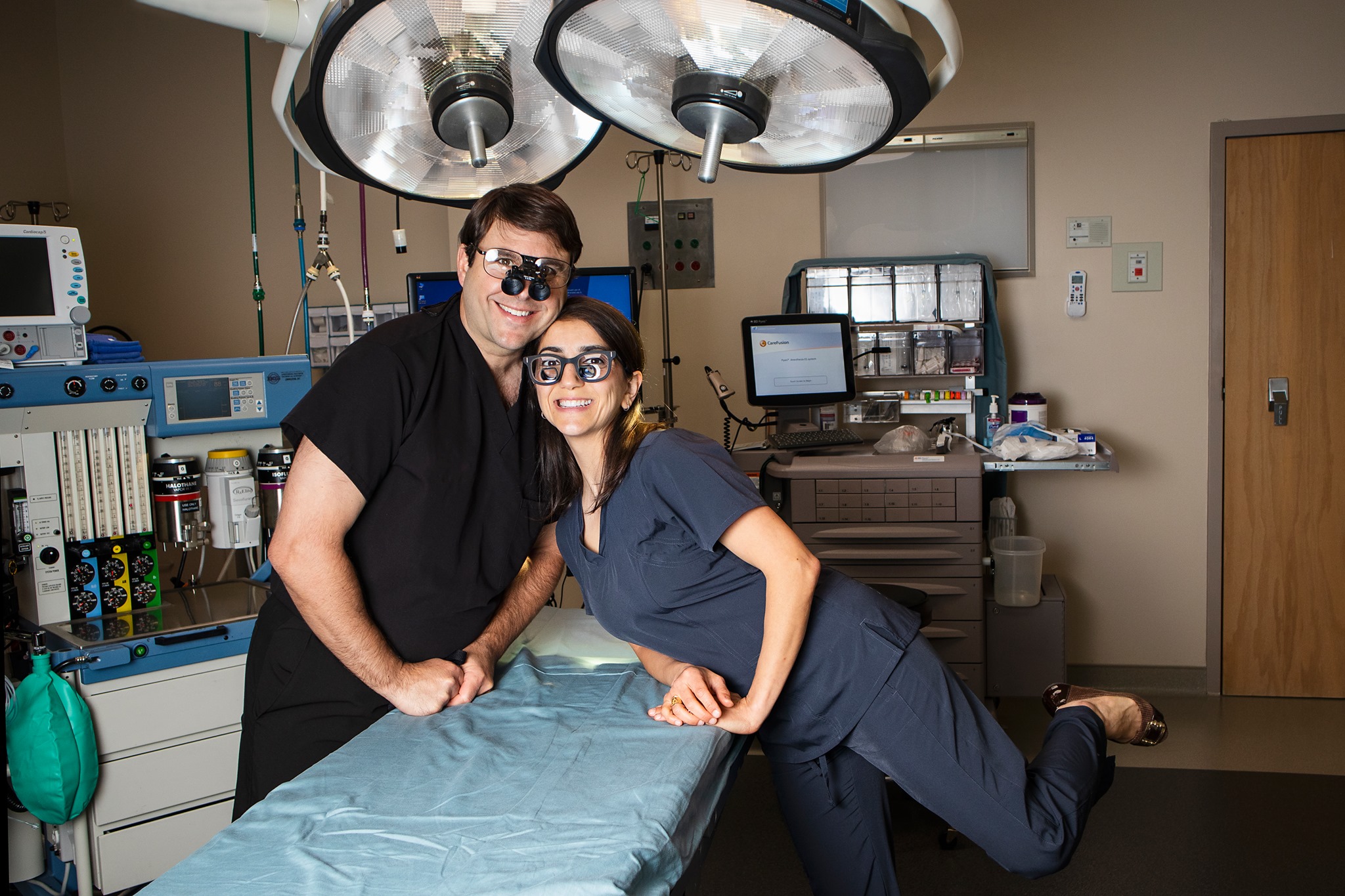DeFatta Health aspires to be your first stop for both concierge service and compassionate care. We offer the widest range of treatment options administered by the most advanced degreed physician and advanced practice provider team. Take comfort in the fact that we routinely use this expertise to care for you in a friendly and comfortable environment. Just ask any of our patients. Since we hold our staff to the same high-quality standards to which we hold ourselves, we can ensure you will experience superior service. The next time you need a checkup from the neck up, please give us a call, and let our family take care of your family.

ENT SERVICES
Ear, nose & throat disorders such as ear infections, allergies, tonsillitis, dizziness and balance problems, sinus infections, snoring and sleep apnea commonly affect both children and adults. DeFatta Health aspires to be your first stop for both compassionate ENT care and exceptional concierge service. We offer the widest range of treatments administered by the most advanced degreed physician team.


HORMONES & WEIGHT MANAGEMET
At The Vitality Health & Wellness Center, we understand that weight loss can be a complex and challenging journey for many individuals. That's why we offer a variety of services to support you in achieving your weight loss goals, including hormone therapy. Hormones play a crucial role in regulating metabolism and body composition, making them an important factor in weight loss. Our experienced healthcare providers can work with you to assess your hormone levels and develop a personalized treatment plan to optimize them
Hearing Aid Experts
Hearing loss is often a silent but isolating problem. DeFatta Hearing Aid Experts promises to give you the finest custom solutions for your hearing loss delivered with the concierge service you have come to expect with DeFatta services. You will be amazed with the difference in your quality of life!
INJECTABLES
At The Vitality Health & Wellness Center, we offer a variety of injectable treatments to help you achieve your aesthetic goals. These minimally invasive procedures such as Botox and dermal fillers can effectively reduce wrinkles and restore volume to the face, and give you a more youthful and refreshed appearance without the need for surgery. Whether you are looking to smooth out fine lines or enhance your facial features, our goal is to provide you with natural-looking results that will leave you feeling confident and rejuvenated.

ROBERT J. DEFATTA, MD, PHD -
“We Are Proud To Offer Top-Tier Healthcare, Our Expert Team Ensures A Warm, Friendly Environment. We're Devoted To Delivering Excellent Service while Caring For You.”







